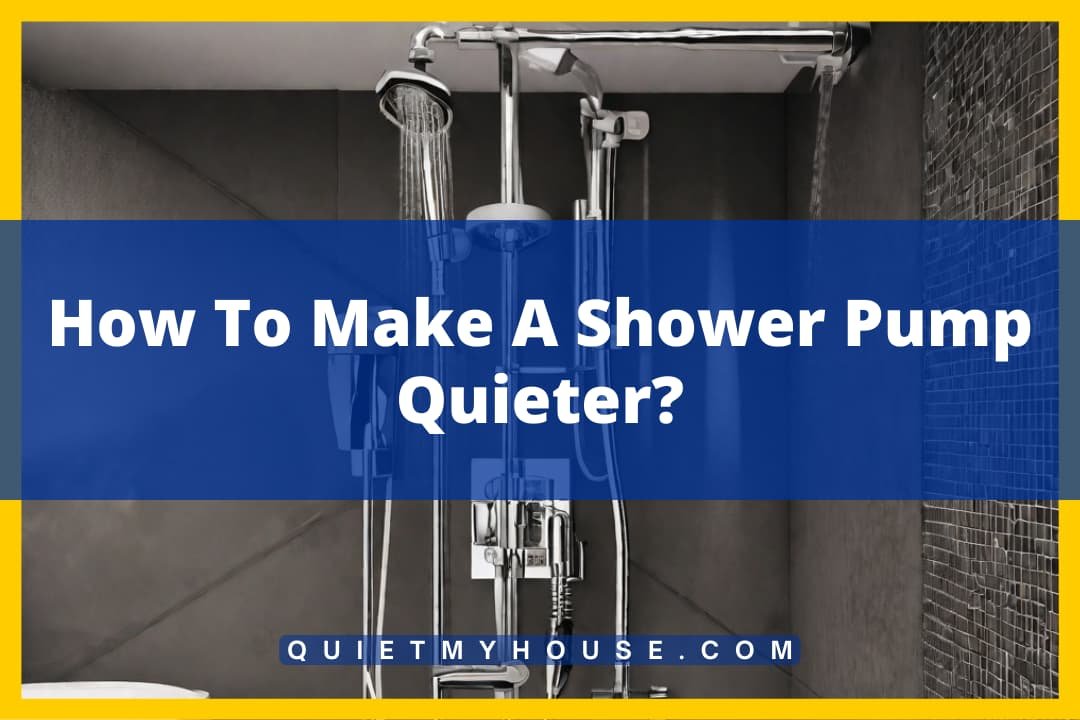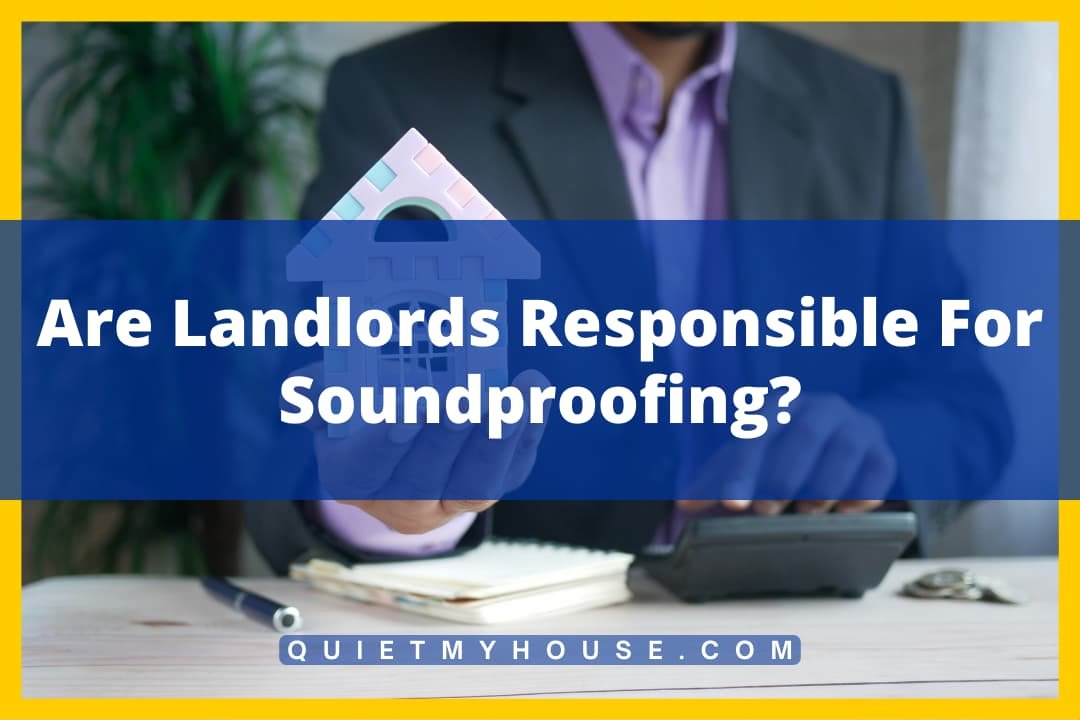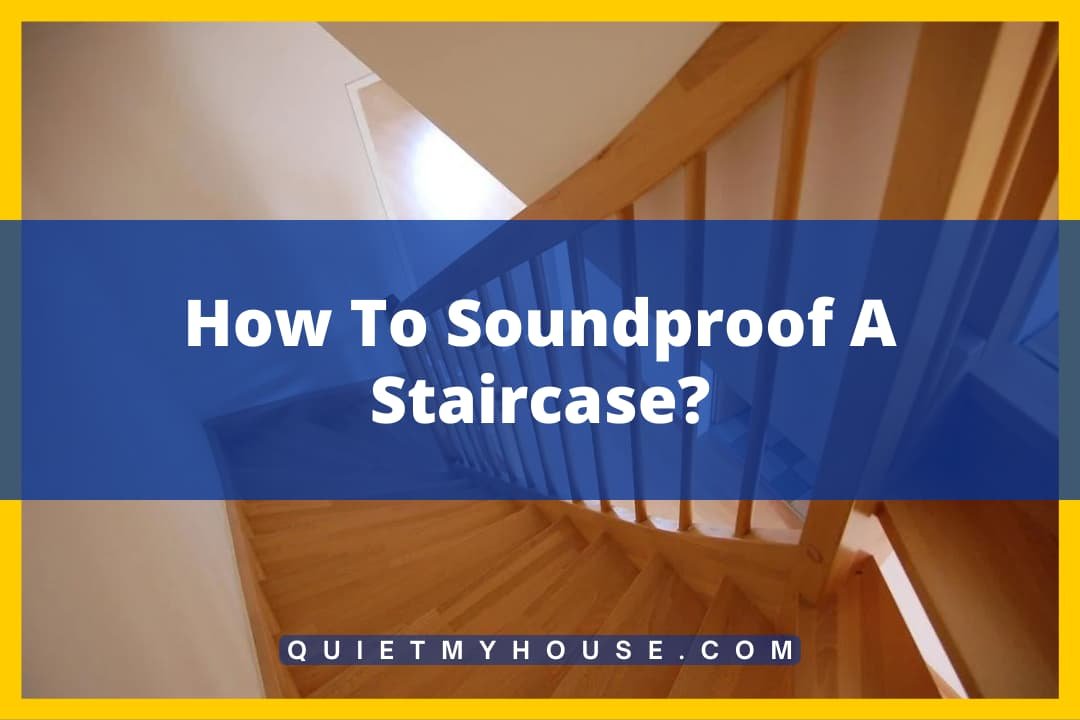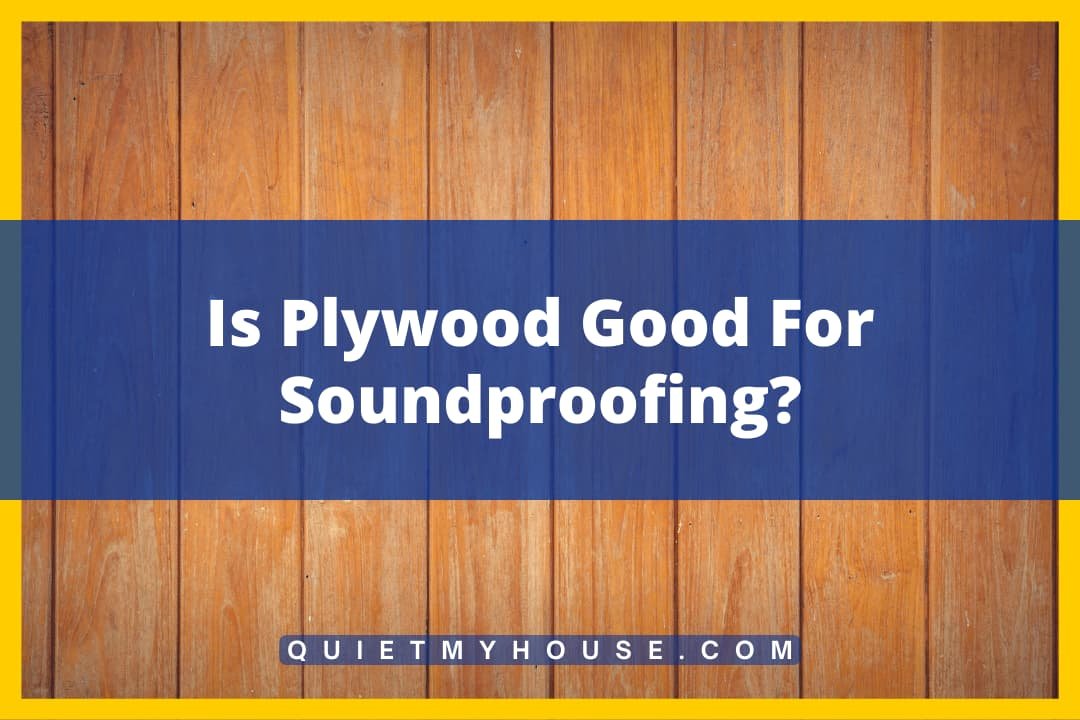Imagine this: You’ve had a long day, you turn on your shower, ready for a relaxing rinse, but instead of the tranquil sound of water falling, you’re met with an annoying, loud noise. You’re desperate for peace and quiet.
Well, you’ve come to the right place because we’re here to help. “How to Make a Shower Pump Quieter?” is an article that provides practical steps, speaking directly to your needs by offering effective solutions that will help minimize the noise from your shower pump and restore tranquility to your bathroom experience.
With carefully explained strategies and easy-to-follow directions, you’ll equip yourself with the necessary knowledge to tackle this vexing issue head-on. So, let’s get started on that peaceful shower experience you’ve been craving!
Understanding the Noisy Shower Pump Issue
Having a noisy shower pump can be quite frustrating. It’s like a constant rumble in the background that disrupts your peace and quiet. However, to resolve this issue, you first need to grasp a sound understanding of where this noise is coming from.
Determining the source of noise
The source of noise in a shower pump can be diverse. It could be due to vibration, broken or loose parts, or even accumulated debris in the pump.
Carefully listening to the noise can help pinpoint the source. If the noise is a constant humming, it might be due to vibration. If it’s a clicking or rattling sound, loose or faulty parts might be the issue.
Identifying if it’s a common problem
A certain level of noise is expected from any utilitarian mechanical device. However, if your shower pump is louder than its usual humming, then it might be a common issue that many homeowners face.
Ensure to compare your pump’s noise level with its standard level mentioned in the user’s manual or consult with a professional to confirm.
Recognizing noise level variations
Keep a close ear out for changes in the noise levels. If the noise level fluctuates, then it could suggest a problem with your shower pump that needs immediate attention. Identifying such variations can help in early detection and prevention of serious pump damage.
Detailed Look Into Shower Pump Components
Before diving into solutions, let’s first understand the heart of the matter – the shower pump.
Explaining what a shower pump is
A shower pump is an essential addition to your bathroom if your water supply lacks optimal pressure. It works by boosting the water flow, providing you with that power shower experience you crave.
Understanding basic parts of the shower pump
A typical shower pump comprises imperative components such as an impeller, seals, bearings, and motor. Each part plays a significant role, making the whole system function efficiently.
The role of each component in noise production
Every component of your shower pump can contribute to noise production if not functioning correctly. The motor could be vibrating excessively, the impeller might be misaligned, the seals could be worn out, or the bearings might be faulty.

Common Causes of Noisy Shower Pumps
A noisy shower pump can be caused by several factors. Here are a few common ones:
Bad installation
Incorrect installation of the shower pump could lead to unwanted noises. This could be due to improper alignment, loose fittings, or even incorrect positioning of the pump.
Pressure imbalance
A pressure imbalance in the system can cause the pump to overwork, leading to excessive noise. This might be due to blocked pipes or a failing non-return valve.
Debris in the system
Debris or sediment build-up over time can hinder the smooth operation of the pump, resulting in loud noises. This might be caused by infrequent cleaning or use of hard water.
Faulty parts
Damaged components like worn-out seals, broken impeller, or failing bearings can also contribute to an increase in noise levels.
Importance Of Noise Reduction In Shower Pumps
Reducing noise from your shower pump is not just about peace but also about overall wellness!
Sleep disruption
A noisy shower pump can disrupt your peaceful slumber, especially if you live in a small apartment. Hence, it’s crucial to ensure your shower pump operates quietly to avoid sleep disturbances.
Stress effects
Long-term exposure to a noisy environment can lead to increased stress levels. This, in turn, can lead to health issues like hypertension, annoyance, and poor concentration.
Impacts on the structure of the property
Chronic noise levels could lead to vibrations that may cause physical damage to the structure of your property over time. It’s essential to address this issue promptly to prevent such consequences.

Preventive Measures To Reduce Shower Pump Noise
There are several ways to prevent your shower pump from becoming a personal noise machine.
Regular maintenance of shower pumps
Regular maintenance can significantly reduce the possibilities of a noisy pump. This includes cleaning, checking for worn-out parts, and replacing them as needed.
Seasonal inspections
Seasonal inspections and servicing by professionals can help ascertain and rectify potential pump issues that could lead to excessive noise.
Prompt repairs of faulty parts
Promptly repairing faulty parts can not only reduce noise but also prevent further damages and extend the life of your shower pump.
Using Soundproof Mats for Noise Reduction
Soundproofing is an excellent method to combat noise issues.
Benefits of soundproof mats
Soundproof mats are designed to absorb vibrations and thus significantly reduce noise. They also protect the pump from dust and debris.
How to attach these mats
These mats can be easily attached under the pump using strong adhesive or mechanical fasteners. For optimal results, ensure the mat covers the entire bottom surface of the pump.
Where to purchase appropriate mats
Soundproof mats can be bought from local home improvement stores, or online. Ensure to choose mats specifically designed for shower pumps.

Correcting Shower Pump Installation Errors
Installation errors are one of the common causes of noisy pumps. Here’s how to correct them:
Identifying installation errors
Recognizing installation errors may not be simple but it’s the first step towards fixing them. This could be a loose fitting, improper alignment of parts, or even incorrect pump sizing.
Step-by-step correction of common errors
Once the errors are recognized, they can be corrected by loosely tightening the parts, aligning the components properly, or choosing the correct pump size.
When to call a professional service
If you’re unable to identify or correct installation errors, it’s wise to seek professional help. They have the experience and tools required to address the issue accurately.
Opting for a Quieter Shower Pump Model
If your pump produces excessive noise despite several efforts, it might be time to consider a quieter model.
Differences between pump models
Not all pumps are created equal. Different models have different noise levels, primarily depending on the design, materials used, and installation requirements.
Best quiet shower pump brands
Several brands specialize in quieter models. Doing a bit of research or consulting with professionals can help you identify such brands in the market.
Factors to consider when purchasing
When purchasing a new pump, consider factors like noise level, pressure output, quality, and of course, cost.
DIY Solutions for a Noisy Shower Pump
Here are some DIY solutions that you could try to make your shower pump quieter.
Creating a soundproof box
Creating a soundproof box around the pump can help contain the noise. Ensure to use materials that can endure the damp bathroom environment.
Applying noise reduction paint
There are special noise-reducing paints available that can help absorb the vibrations and minimize noise.
Relocation of the pump
Sometimes, relocating the pump to a less noise-sensitive area can also resolve the issue.
Maintenance Tips for Quieter, Long-lasting Shower Pumps
By maintaining your shower pump, you can ensure its longevity and quieter operation.
Regular cleaning practices
Regular cleaning prevents debris accumulation in the system, which can otherwise lead to an increase in noise production.
Ensuring proper pressure balance
Maintaining a balanced pressure in the system can reduce the chances of a noisy pump. This can be done by regularly checking and cleaning the non-return valves.
Reinforcing loose or weak parts
Regular inspection to locate and reinforce loose or weak pump parts can prevent them from shaking and producing excessive noise.
In conclusion, noisy shower pumps can be a nuisance but using these tips, you should be able to enjoy a peaceful shower. Remember, regular maintenance and prompt repairs are key to a quieter, long-lasting shower pump.




